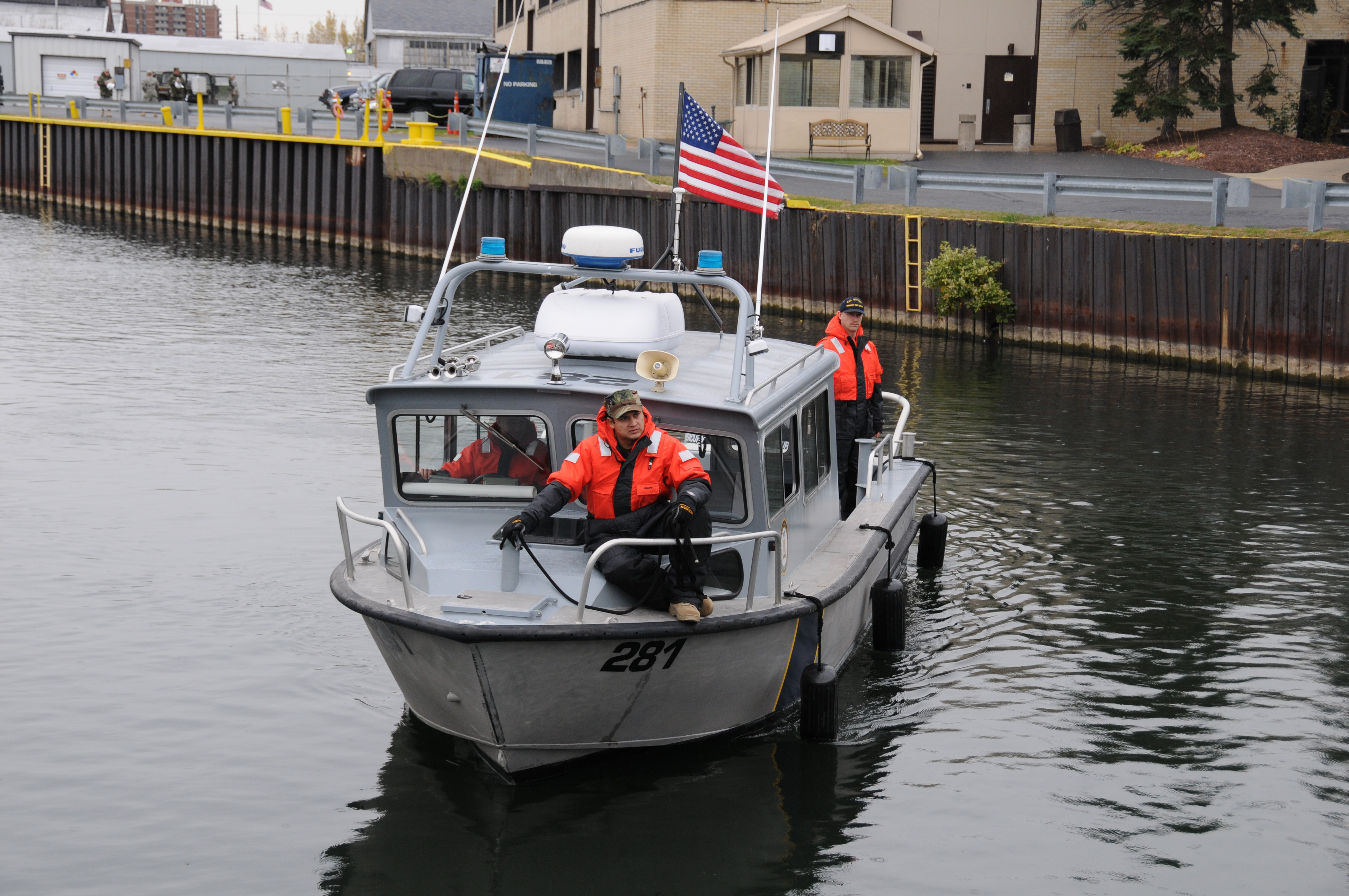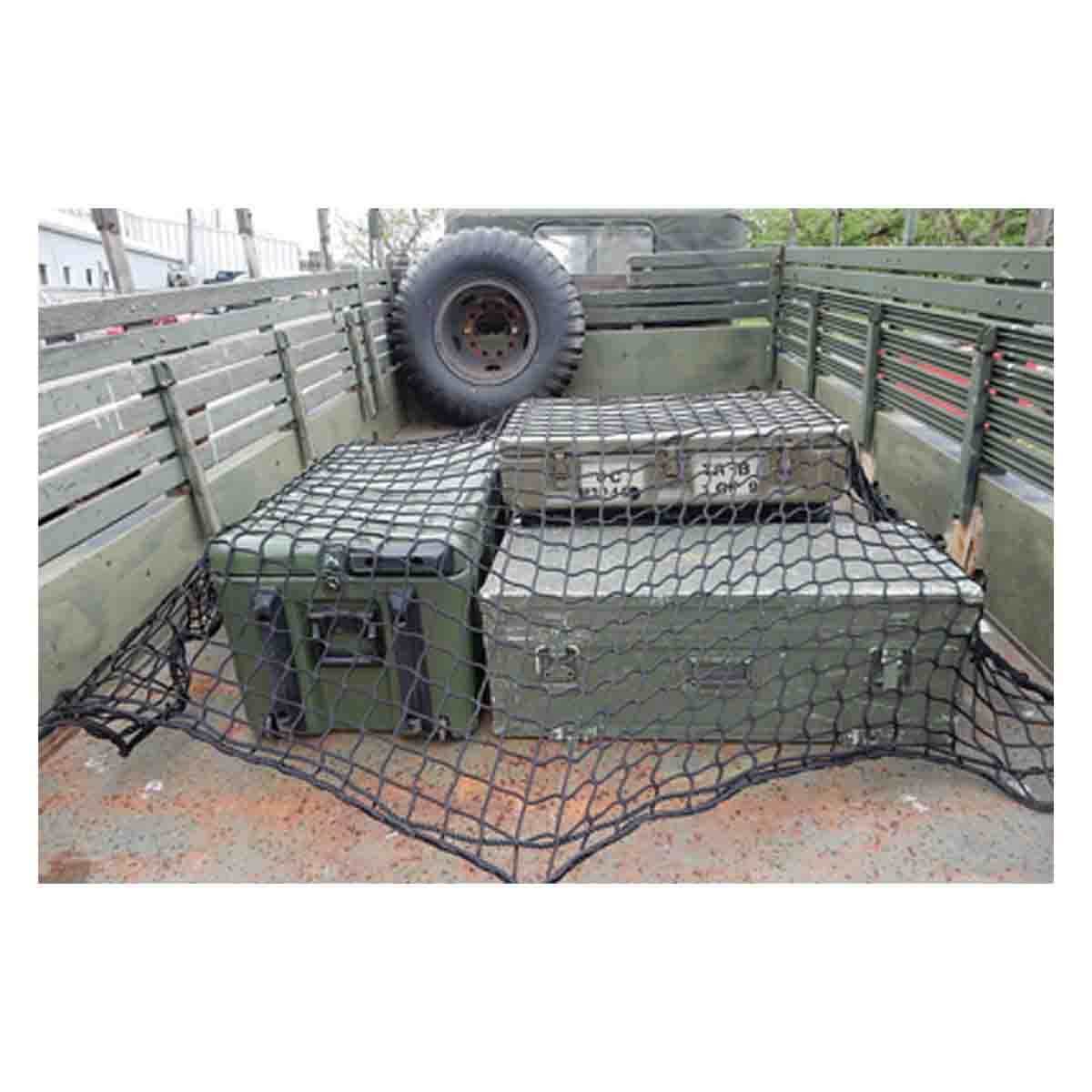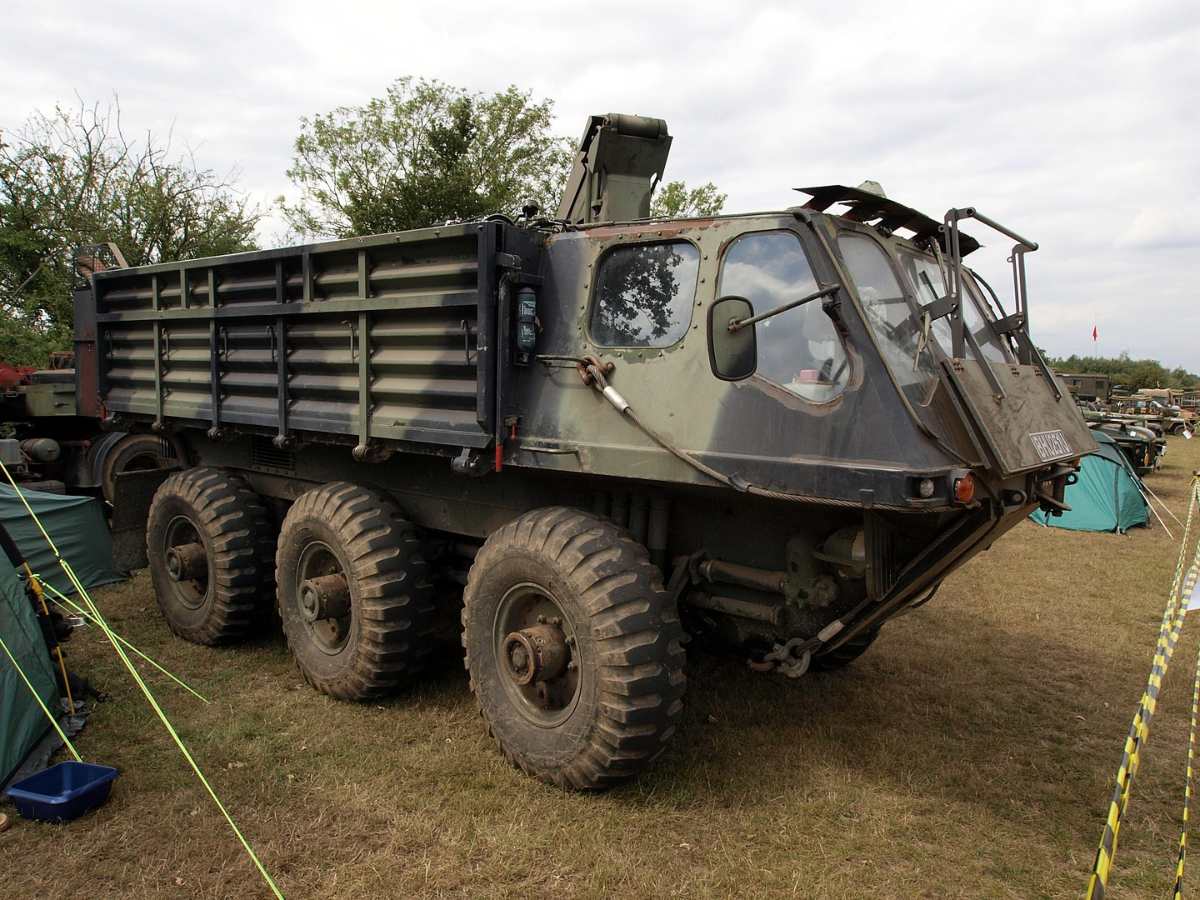Military Junta - Ne Win instituted a new constitution in 1974 based on an isolationist foreign policy and a socialist economic program that nationalized Burma's major enterprises. The economic situation deteriorated rapidly, and a black-market economy took hold. By 1988, widespread economic spreads
policy related to Myanmar's currency, and food shortages led to massive protests. In August 1988, the army cracked down on protesters, killing at least three thousand and displacing thousands more. Massive protests erupted nationwide in the weeks after the coup. Tens of thousands of people, including health workers, bankers, and teachers, joined what was originally a peaceful civil disobedience movement, refusing to go to work until the elected government returned.
Military Junta
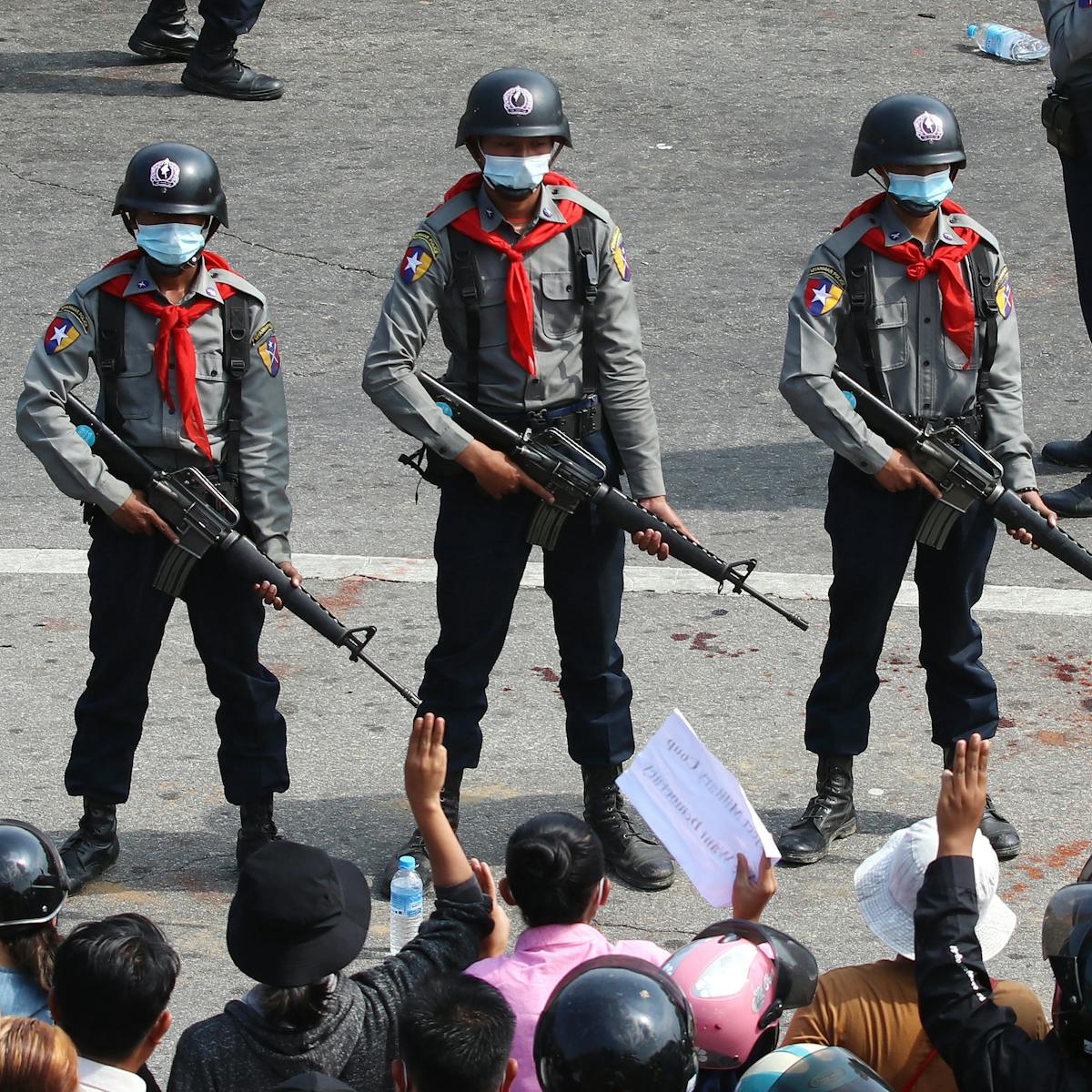
, ousted NLD lawmakers, protest leaders, and activists from several minority groups established a parallel government known as the National Unity Government (NUG). It aims to bring together the disparate groups opposed to the junta, foster greater unity among ethnic,
Who Is Aung San Suu Kyi?
agenda for a post-junta Myanmar, and cultivate support from foreign governments. In September, the NUG declared war on the junta and formed an armed division known as the People's Defense Force. A combination of low morale, growing insubordination, ineffective institutional governance, and endemic corruption has thrown the military into a crisis of combat effectiveness. The result has been a string of humiliating losses on the battlefield. And with the military rapidly losing territorial control
junta's planned elections – even if fabricated to return a “victory” for the military's chosen parties – will be meaningless. No rational foreign government or firm will invest in a country where the self-proclaimed ruling authority is unable to guarantee protection for foreign investments,
to say nothing of the moral questions. Moreover, the junta has no hope of gaining legitimacy under international law while pro-democracy representative Ambassador Kyaw Moe Tun continues to occupy Myanmar's seat at the United Nations. President Thein Sein spearheaded some reforms, including granting amnesty to political prisoners, relaxing media censorship, and implementing economic policies to encourage foreign investment. In 2015, Myanmar held its first nationwide, multiparty elections. Suu Kyi's opposition NLD party won a landslide victory. New
Lawmakers elected Htin Kyaw, a longtime confident of Suu Kyi, as president. But the real power was in the hands of Suu Kyi, who was appointed to the newly created position of state counselor and became the de facto head of the civil government. However
What Has Happened Since The Coup?
, the Tatmadaw still retained control over domestic security, most aspects of foreign relations, and many other matters related to domestic policy. Indeed, the 2008 constitution [PDF] includes several provisions to protect the military's dominance, such as the military eats paria
. Suu Kyi, the daughter of independence hero General Aung San, rose to prominence during the 1988 protests. After the crackdown, she and others formed the NLD opposition party. She was detained in 1989 and spent more than fifteen years in prison and under house arrest.
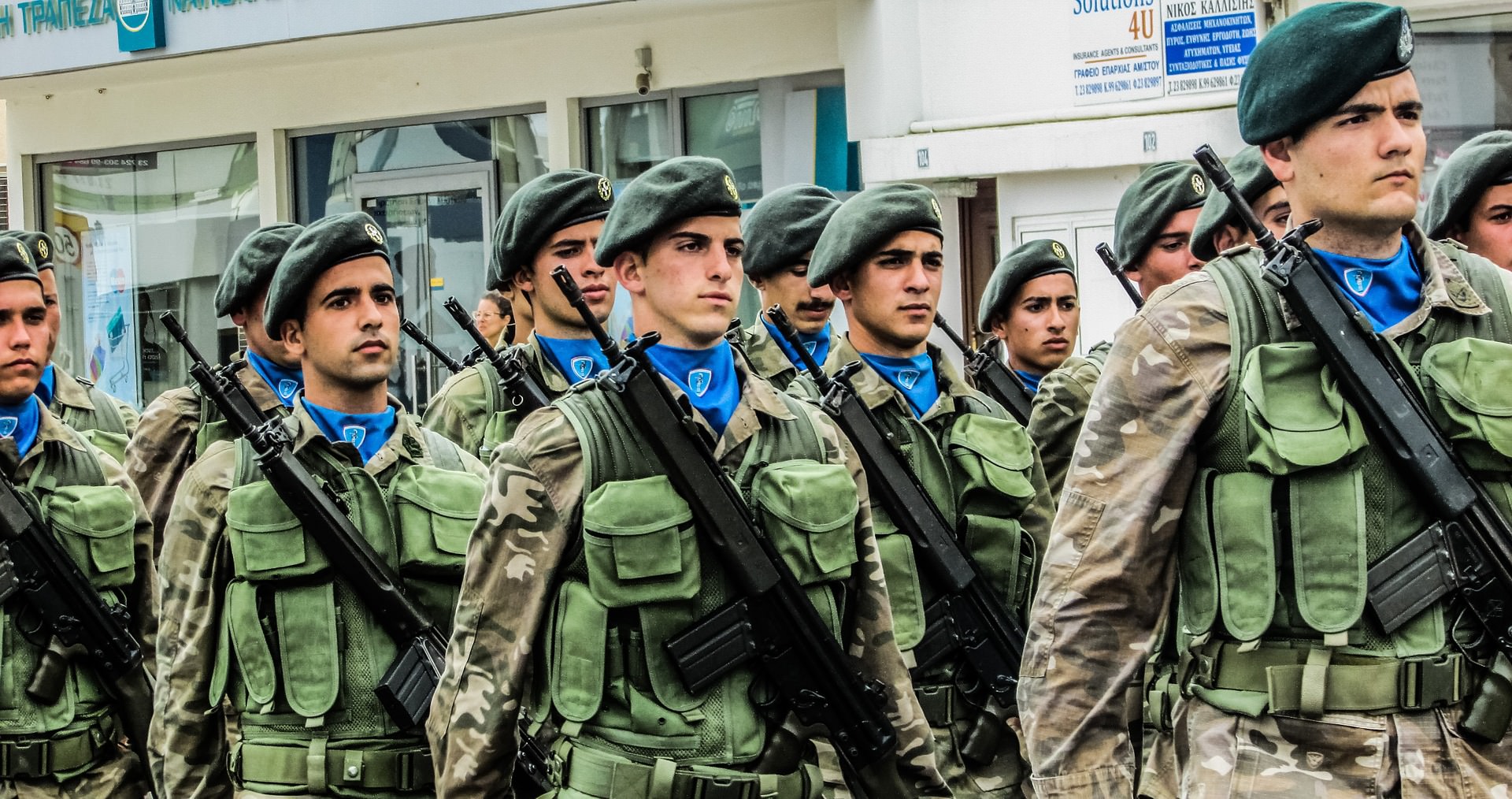
until her release in 2010. In 1991, Suu Kyi was awarded the Nobel Peace Prize while still under house arrest. Our military, thanks to the wording of the National Defense Authorization Act, now has the power to label us terrorists, capture us, lock us up in jail, and hold us there without any regard for our Constitutional rights.
Myanmar's people have accepted this since the early months of the coup and have been forced by the junta onto the path of armed resistance. Resistance forces comprising the ethnic militias and People's Defense Forces, emboldened by heavy junta troop losses, are determined to
What Is Us Policy Toward Myanmar?
Naypyidaw capitulates and the military is completely removed from political power – a position it has held since 1962 in various iterations. ASEAN's response to the military coup has been fallible, and the organization's procedures of non-interference, time-consuming decision-making, and pacifist solutions have been anything but helpful. The decision of a special envoy to Myanmar following the coup took longer than expected
as internal conflicts continually affected the confirmation process of candidates. The point of contention during this period was whether or not the organization should consider the sovereignty of the new military regime, often inciting vitriolic dialogue between Myanmar and Indonesia.
Myanmar has now entered a violent new chapter. The military, known as the Tatmadaw, faces widespread, fierce opposition from ethnic armed organizations it was fighting even before the coup and ordinary citizens who organized militias. Activists formed a shadow government and mobilized fighting forces across the country. The military has responded with a brutal crackdown on opposition forces and protesters. But it still has not been able to consolidate control over large areas of the country, and experts is warn that violence
all but certain to escalate in 2022. Suu Kyi became Myanmar's de facto leader in 2015. (The constitution prevented her from assuming the title of president.) She enjoyed widespread domestic support, but CFR's Kurlantzick says she had little to show for her time in power, as sify the tried to p
Has Myanmar Always Been Ruled By The Military?
military by defending its abuses against the Rohingya and by restricting press freedoms. “She failed to strengthen democracy in recent years and create democratic bulwarks,” Kurlantzick wrote. In February 2021, Senior General Min Aung Hlaing and other military leaders staged a coup. The move came after the military's proxy party, the Union Solidarity and Development Party (USDP), suffered a major blow in the 2020 elections. The junta—officially called
the State Administration Council—detained and charged de facto civilian leader Aung San Suu Kyi with corruption and other crimes. It placed lawmakers from her party, the National League for Democracy (NLD), and other parties, as well as many activists, under house
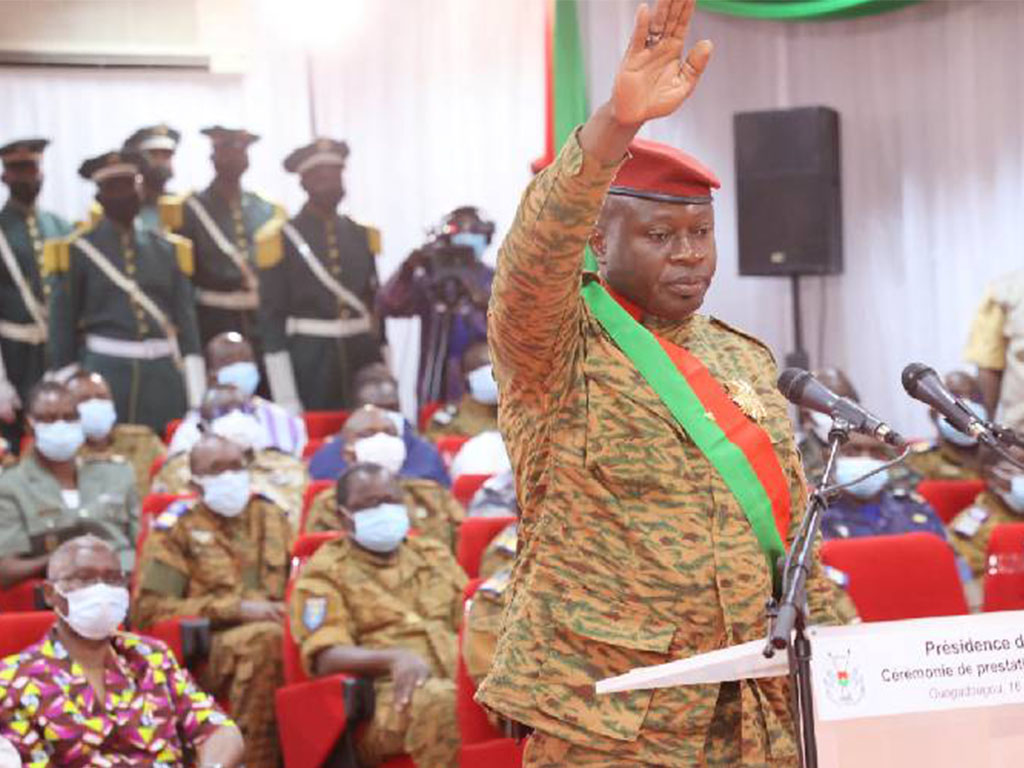
arrest. Article by Jonathan Masters and Will Merrow February 22, 2023 After learning of the Supreme Court's decision not to hear the case, attorney Carl Mayer said that, “In declining to hear the case Hedges v. Obama and declining to review the NDAA, the Supreme Court has turned its back on preceding dating back to the
Civil War era that holds that the military cannot police the streets of America. This is a major blow to civil liberties. It gives the green light to the military to detain people without trial or counsel in military installations, including secret installations abroad. There is
Why Has Myanmar Endured So Many Ethnic Conflicts?
little left of judicial review of presidential action during wartime.” Thailand's primary interest is maintaining a steady flow of natural gas imports from Myanmar. It is a net energy importer, with around 60 percent of its electricity generated from natural gas. Imports from Myanmar's Yadana gas field su alone make up 11 percent of Thailand's gas contual
. Domestic natural gas output from its major gas field, Erawan, is declining sharply. With natural gas prices rising due to the war in Ukraine, Thailand will need to maintain its gas imports from Myanmar. Electricity rates have already risen by 14 percent, which
has been detrimental to the country's post-pandemic economic recovery efforts. Additionally, Norway's $1.3 trillion sovereign wealth fund has dived from Thai energy giant PTT Plc, citing the risk of human rights violations. will multiply. Lastly, India hopes to counter China's influence in Myanmar through continued engagement with the junta. This is an irrational tactic, as it can never realistically hope to compete against Beijing's influence in a military-ruled Myanmar. Billions in Chinese investment under decades of m
serve as proof. Deciding between backing the junta or the resistance should be an easy choice for India. Yet, Delhi continues its self-defeating policy of engagement with the junta. Backgrounder by Lindsay Maizland January 31, 2022
What Is Myanmar’s Relationship With China?
India should cease all public engagement with the junta. Humanitarian aid should be increased, and continued shelter offered to those fleeing the junta's persecution. Logistics lines should be strengthened, and weapons meant for the resistance el troops Ifder borderhi should be allowed ac
is bold enough, anti-aircraft weaponry should also be allowed to find its way into Myanmar. Lastly, valuable intelligence should be shared with the resistance. After all, it is not only China that engages the junta, but also Pakistan, which is actively

boosting military ties and selling aircraft and weaponry to the junta. Many believe that the NDAA gives dictatorial powers to the federal government and military, because it allows our military to arrest any American citizen without a warrant, on American soil, and to hold an American citizen against their will for an indefinite amount of time without being
criminally charged. As the situation unfolds in Myanmar, the country is plagued with economic crisis, humanitarian issues, and a public health safety crisis; a mass exodus into neighboring countries is inevitable and will be damaging to the region. The inclining economic turmoil will only exacerbate the
Refugee crisis of Rohingya minorities currently residing in stomach-churning conditions in Bangladesh. Current conditions have only aggravated the situation and have left little to no hope for the return of the Rohingya minorities to Myanmar. nations such as India, Bangladesh, and China, given that Myanmar's handling of COVID-19 has been anything but transparent, and has increasingly worsened after the Myanmar coup. With a mass exodus from Myanmar, the subsequent refugee problem thrust on neighboring states would
political, economic, and civilian life through the ostensible stability of a global health risk. China has funded infrastructure and energy projects throughout Myanmar as part of its Belt and Road Initiative. Oil and natural gas flow through pipelines from Myanmar to China. Beijing is also working to create a China-Myanmar Economic Corridor in Rakhine lock State to connect China's Yunnan
Province to the Indian Ocean. The coup stalled work on these development projects and led to attacks on several Chinese-run factories. Work on development projects has since resumed. But attacks have continued into 2022, with opposition forces disrupting a China-backed nickel plant
in January, for example. In her decision, Forrest wrote that Section 1021(b)(2) of the NDAA echoed the 1944 Supreme Court ruling in Korematsu v. United States, which let our military detain over 100,000 Japanese-Americans during World War II, and throw them in
internment camps without due process. The United States maintained a distant relationship with Myanmar after the late 1980s, enforcing broad-based economic sanctions on the country in the next two decades. Myanmar's return to quasi-civilian rule led the United States to reestablish ties with it and drop broad-based
sanctions. But the coup has brought another downturn in the relationship. The coup ended the shaky peace process that the Suu Kyi government started between the central government and armed ethnic organizations. Most ethnic armed organizations have opposed the military junta, and multiple have collaborated with the NUG.

with fighting breaking out between some groups. Next, is the Kaladan multimodal transport project and the India-Myanmar-Thailand trilateral highway, intended to reap economic gains for India's underdeveloped northeast. There is no security guarantee for the routes until there is a stable political and economic environment, which cannot be provided
by a military government that is struggling to survive. Myanmar has been ruled by a military junta for many of the years since it gained independence from British colonial rule in 1948. The Union of Burma began as a parliamentary democracy, like most of its newly independent neighbors on the Indian subcontinent.
lasted until 1962, when General Ne Win led a military coup and held power for the next twenty-six years. Our military, thanks to the wording of the NDAA, now has the power to label us terrorists, capture us, lock us up in jail, and hold us there without any regard for our Constitutional rights to due process or to a fair trial.
First, China should cease engagement with the junta at senior levels. Second, the prevailing sentiment among the Myanmar public is that Russia is acting as a proxy for China, supplying the junta with weapons and technology to suppress the resistance.
Heavyly dependent on China since the invasion of Ukraine is naturally assumed to be colluding with China, particularly in a country that China considers its backyard. Beijing must persuade Russia to cease its dangerous liaisons with the junta. Lastly, weapon sales and transfers across
to the resistance should be encouraged and expanded to include anti-air weaponry – the golden ticket to resistance victory that will score major points with the Myanmar public. Since the coup, the junta has reportedly been using insurgent groups in the northeast as proxies to attack resistance forces in bordering China State. Yet, India continues its counterproductive policy of engagement with the junta, which is actively working against its interests.
The federal government appealed Forrest’s ruling, asking the 2nd Circuit Court of Appeals for a stay of Forrest’s ruling. The 2nd Circuit agreed with the government’s request for a stay, and ultimately tossed out Forrest’s decision altogether.
Simply put, the military junta is losing. More than two years after the coup, the junta has gone from fighting to consolidate power to fighting for its survival. Countries, especially Myanmar's neighbors, must now act to protect their interests in a post-junta

Myanmar. Isabelle Brito is an M.A. candidate at the George Washington University’s Elliott School of International Affairs with a concentration in East Asia-U.S. relations. She holds a B.A. in International Relations from Florida International University. She can be reached at ibrit008@gwu.edu.
Anyone still hoping for a political solution to Myanmar's crisis should ask one question: is the military junta willing to be held accountable for its crimes? The definitive answer, demonstrated repeatedly by their mounting atrocities, is “no.” But without accountability for the crimes
Committed since the February 2021 coup, which includes the burning of women and children alive, there can be no political solution to the country's conflict. India's current policy of engagement with the junta is confusing at best. External Affairs Minister Subrahmanyam Jaishankar himself once reportedly confided to a senior Myanmar diplomat that India's priority in relations with Myanmar was security in the northeast, where insurgent groups often launch attacks against the Indian army
while enjoying sanctuary across the border in Myanmar. By January 2022, analysts reported that clashes between the People's Defense Force and the military were occurring in most of the country. "We're seeing fighting now in townships that have not witnessed any form of fighting since Myanmar's independence," Jason Tower of the
U.S. Institute of Peace (USIP) says. Notably, violence is not limited to the areas on Myanmar's borders that have large ethnic minority populations, but is also occurring in major central cities such as Mandalay and Yangon. The widespread violence has led thousands of
to flee into neighboring India and Thailand. China must be aware by now that the junta is in survival mode. It must move to ensure that its strategic interests are protected in a post-junta Myanmar. And there is much at risk: the Kyaukphyu deep-sea port that can provide China access
to the Indian Ocean and reduce strategic risk by bypassing the narrow Straits of Malacca; the oil and gas pipelines and rail routes from the same area that traverse central and northeast Myanmar into Yunnan; essential tin and copper imports; and rare earth vital to both China's
consumer electronics and defense industries.
burmese military junta, military junta country, military junta burma, military junta thailand, military junta government, junta myanmar meaning, military junta myanmar, military junta usa

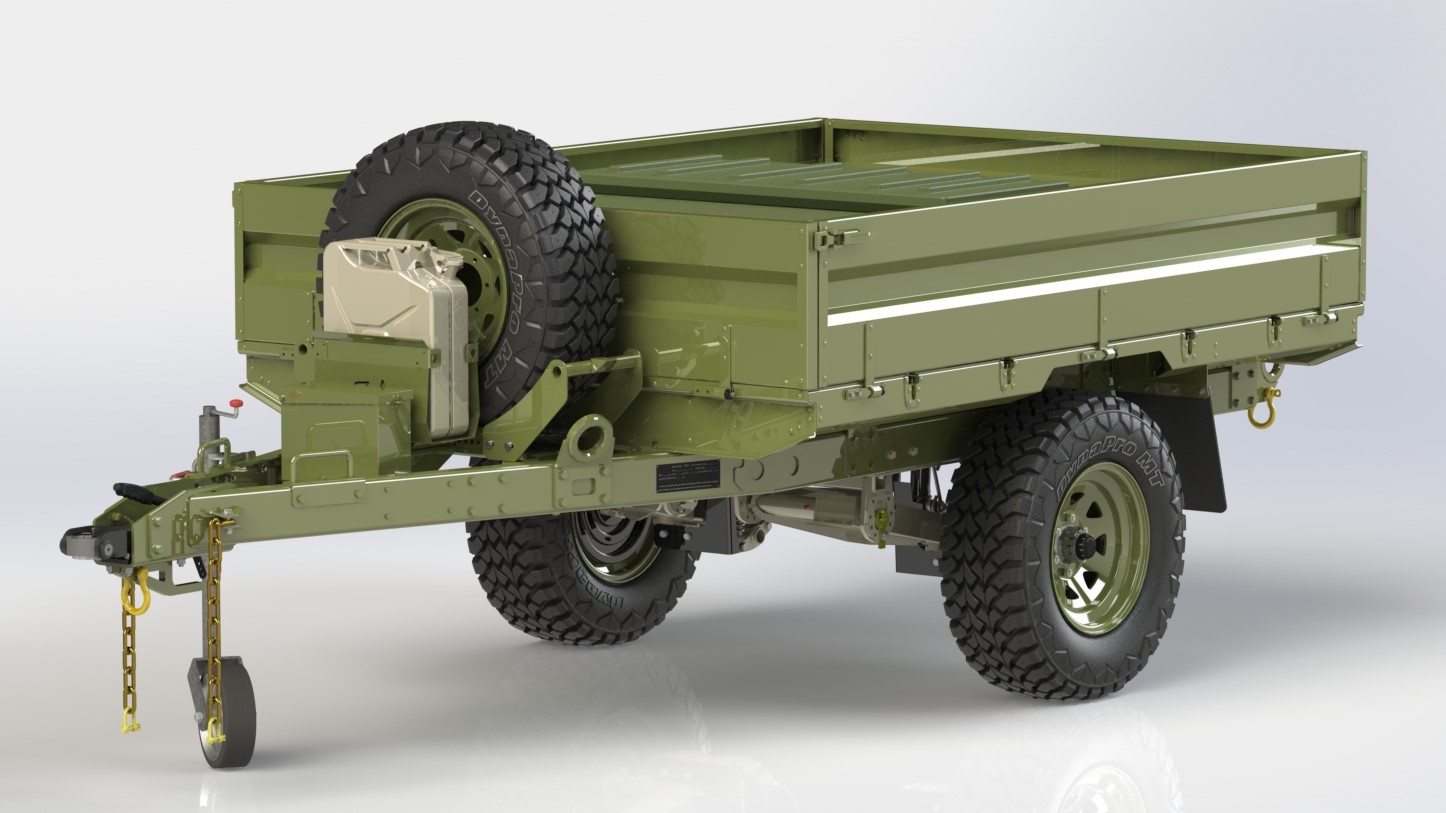
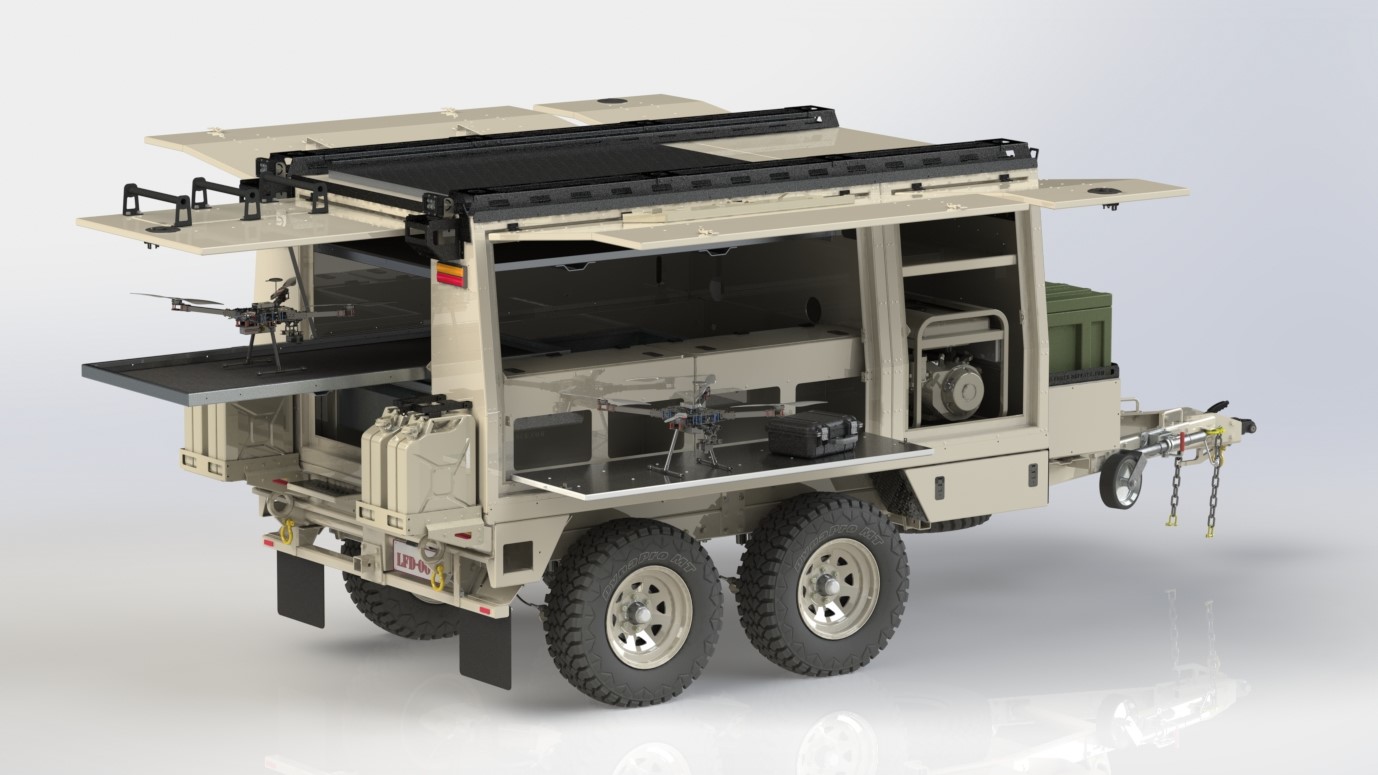

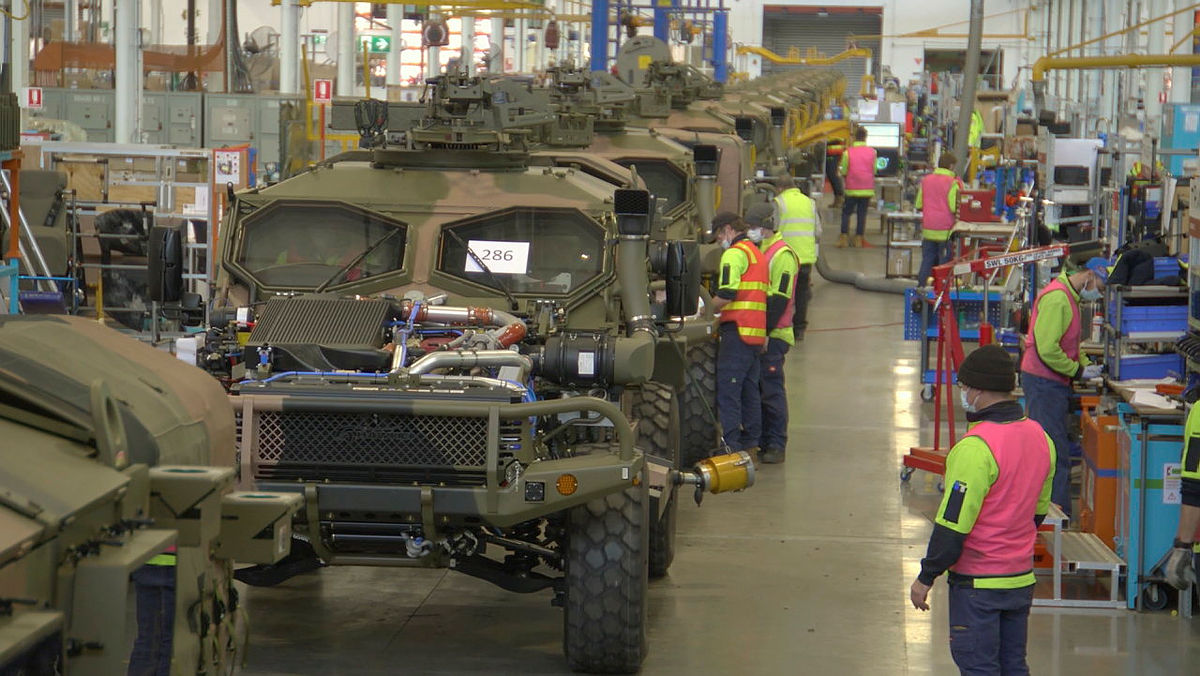
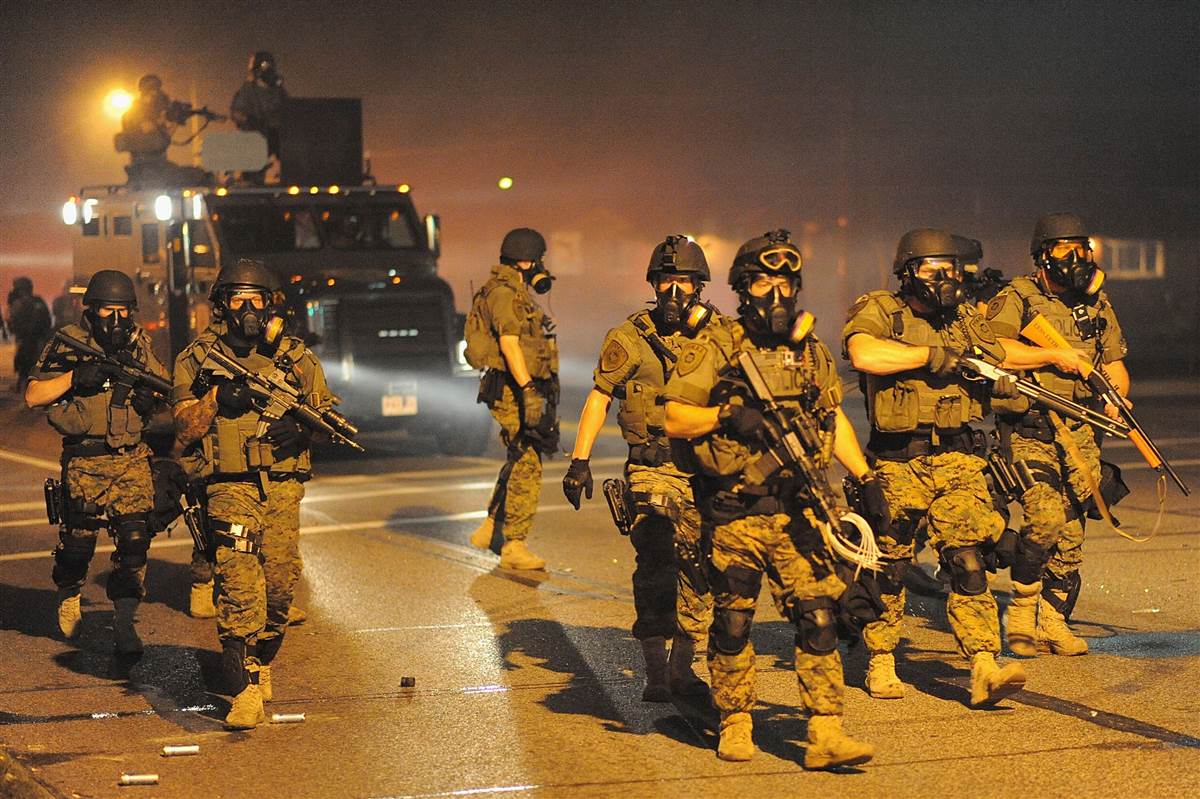
/cdn.vox-cdn.com/uploads/chorus_asset/file/20014755/GettyImages_1216829625.jpg)



